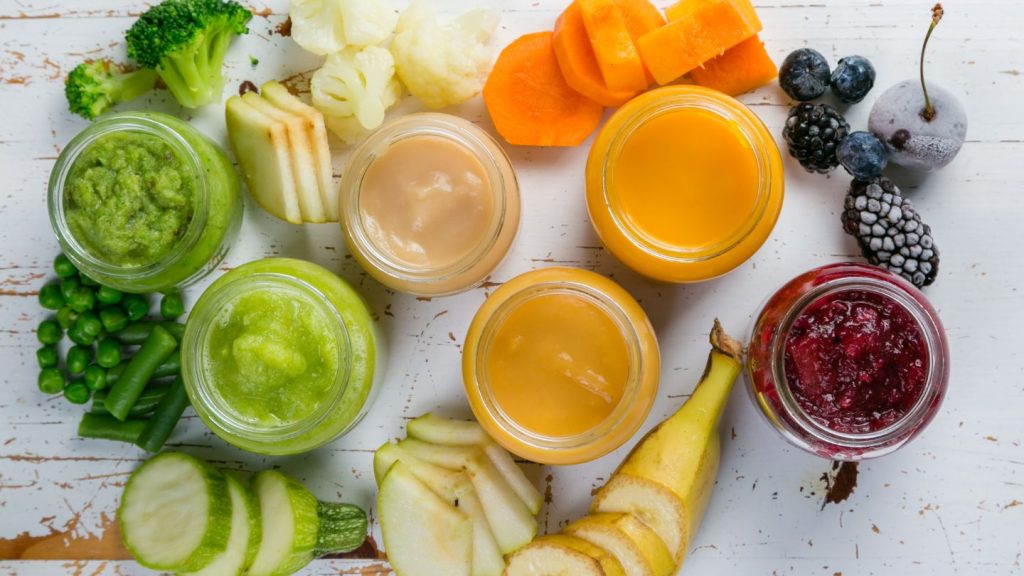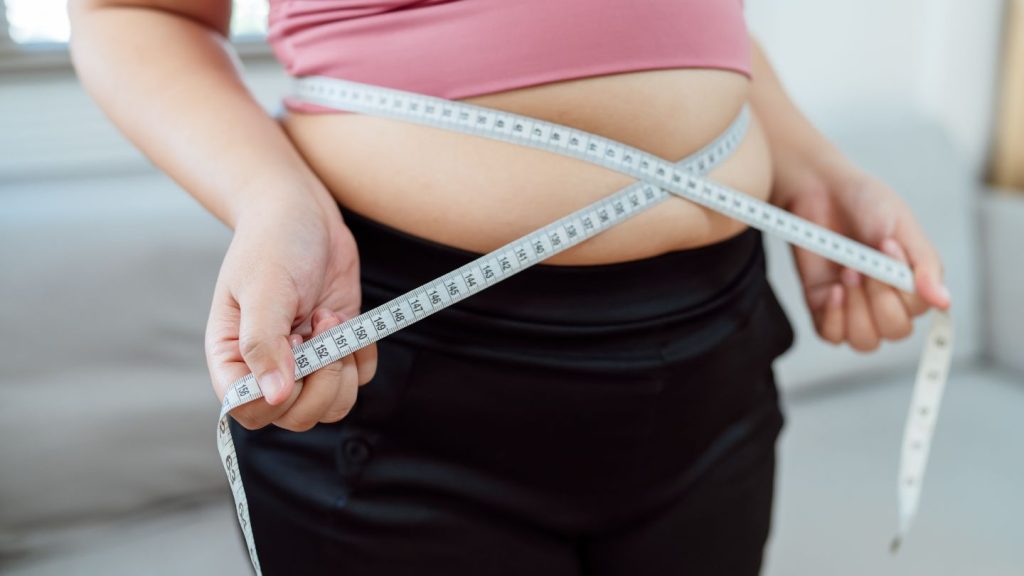
What Happens If You Eat Solid Food After Gastric Sleeve Surgery?
Eating solid food too soon after gastric sleeve surgery can disrupt your recovery process. Proper dietary progression is essential to help your body heal and ensure long-term success with weight loss. From starting with a liquid diet to gradually reintroducing soft foods and more solid foods, following the recommended phases allows your stomach to adjust safely to its new capacity.
This guide explores what happens if you eat solid food prematurely, why it’s crucial to follow the dietary phases and tips for transitioning to solid foods after bariatric surgery.
Key Takeaways
- Gradually reintroducing solid foods after gastric sleeve surgery is crucial for a successful recovery and long-term weight loss.
- Following the recommended dietary phases helps your digestive system adjust and prevents complications.
- Monitoring your body’s response and adopting healthy eating habits can support sustained weight management.
Understanding Gastric Sleeve Surgery
Gastric sleeve surgery, also known as sleeve gastrectomy, is a popular type of bariatric surgery aimed at helping individuals lose weight by reducing their stomach size. This procedure is particularly recommended for those with a body mass index (BMI) of 40 or higher or those with a BMI of 35 or higher who have obesity-related health issues. By creating a smaller stomach, gastric sleeve surgery encourages healthier eating habits and significant weight loss.
- Procedure Overview: Involves removing about 80% of the stomach to form a sleeve-like pouch.
- Surgical Technique: Performed laparoscopically with small incisions for quicker recovery.
- Target Group: Suitable for individuals with severe obesity or related health conditions.
Gastric sleeve surgery is a transformative step towards better health and weight management. By understanding the process and its benefits, patients can make informed decisions and prepare for a successful weight loss journey.
Avoid Eating Solid Foods Too Early

After gastric sleeve surgery, your stomach’s reduced size makes it sensitive to the types and amounts of food you consume. Eating solid food too early can strain the digestive system and hinder the healing process. It’s essential to avoid eating solid foods and focus on prescribed diets like liquids, pureed foods, and soft diets during the initial recovery phases.
Key reasons to avoid eating solid food early include:
- Allowing the stomach to heal without added pressure.
- Preventing digestive discomfort or difficulty processing food.
- Supporting weight loss by managing food intake and eating habits.
Benefits of Following Post-Operative Diet Phases
The phased approach to your post-operative diet ensures a smooth transition to eating solids while promoting healing. Here’s a breakdown of the key phases:
Clear Liquid Diet (Days 1–2)
- Purpose: Begin the healing process and prevent dehydration.
- Foods to Include: Water, sugar-free gelatin, clear broth, and unsweetened fruit juices.
- Tips: Sip liquids slowly and frequently to avoid straining the stomach.
Full Liquid Diet (Days 3–14)
- Purpose: Introduce slightly thicker liquids to provide nutrients.
- Foods to Include: Protein shakes, creamy soups, and low-fat yogurt.
- Tips: Avoid drinking fluids during and immediately after meals for optimal digestion.
Pureed Foods Phase (Weeks 2–4)
- Purpose: Transition to nutrient-rich foods with a soft, mashed consistency.
- Foods to Include: Mashed potatoes, pureed vegetables, applesauce, cottage cheese, and finely minced meats.
- Tips: Eat small meals frequently to ease digestion and support nutrient absorption.
Soft Foods Phase (Weeks 4–6)
- Purpose: Prepare for more solid foods by introducing a soft diet with easy-to-chew items.
- Foods to Include: Scrambled eggs, canned fruits, soft-cooked vegetables, and moist protein sources.
- Tips: Cut food into small pieces and chew thoroughly.
Transition to Solid Foods (Weeks 6 and beyond)
- Purpose: Begin adhering to a solid food diet while managing portion sizes and food intake.
- Foods to Include: Lean proteins, cooked vegetables, and other soft, nutrient-dense options.
- Tips: Start with small portions and monitor your body’s response to avoid eating too much food.
Tips for Safely Reintroducing Solid Foods

When transitioning to solid food after gastric sleeve surgery, take these steps to ensure your body heals properly and adjusts to the changes:
- Eat slowly and chew thoroughly: This helps your digestive system handle solid food more easily and prevents discomfort.
- Start with small portions: Focus on nutrient-rich options like cooked vegetables and lean proteins.
- Avoid drinking during meals: Drinking liquids while eating can interfere with digestion and limit your stomach’s capacity for food.
- Monitor your body’s response: Pay attention to any discomfort or difficulty as you reintroduce certain foods.
Lifestyle Habits to Support Recovery
Adjusting you’re eating habits and overall lifestyle is key to achieving long-term success after weight loss surgery. Here are some tips to support your recovery and maintain weight loss:
- Stay hydrated: Aim for at least 64 ounces of non-carbonated fluids daily to aid your body’s healing process.
- Incorporate vitamin and mineral supplements: Take prescribed supplements to prevent nutritional deficiencies and support overall health.
- Practice mindful eating: Focus on eating small meals, avoiding foods high in sugar or fat, and chewing your food slowly.
- Stay active: Gentle physical activity promotes overall wellness and helps you lose weight effectively.
Conclusion
In conclusion, adhering to the recommended dietary phases following gastric sleeve surgery is crucial for a successful recovery and long-term weight management. By understanding the importance of gradually reintroducing solid foods, patients can support their digestive system, promote healing, and achieve their weight loss goals.
If you’re considering gastric sleeve surgery in New York, the Lenox Hill Bariatric Surgery Program is here to offer expert care. With decades of experience in weight loss surgery, our dedicated team offers personalized care tailored to each patient’s unique journey. We are committed to guiding you through every stage of your recovery, from pre-operative education to post-operative support, ensuring you have the resources and expertise needed to succeed. Contact us today to start your transformative journey towards better health!
Frequently Asked Questions
How long before I can start eating solid foods after gastric sleeve surgery?
Most patients can start eating solid foods around 6–8 weeks after surgery, following the prescribed dietary phases to ensure a smooth transition.
What are some tips for avoiding weight gain after gastric sleeve surgery?
To avoid weight gain, focus on eating small meals, staying active, and following a nutrient-rich diet. Avoid foods high in sugar or fat and maintain portion control.